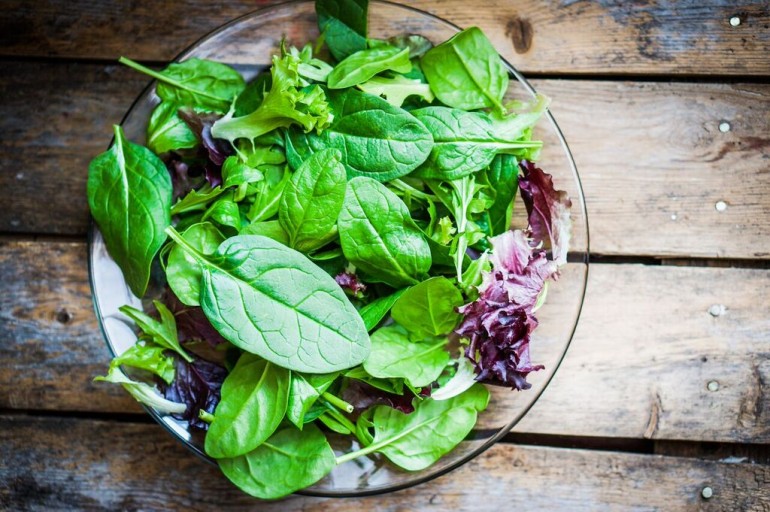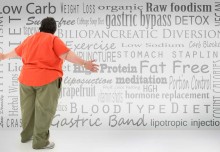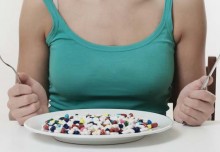
Why sleep deprivation might undo healthy eating habits
You know the drill. You’re feeling sluggish after a poor night’s sleep, so you reach for another cup of coffee and your favorite doughnut for a pick-me-up. And since you’re so tired, you decide to skip your workout and stop for a quick meal at the local fast-food restaurant on the way home from work. Sound familiar? You’re not alone.
In fact, researchers have found that sleep deprivation may lead to an increase in food intake – including consumption of more fat and less carbs. This is caused by changes in brain activity.
Researchers at the University of Pennsylvania’s Perelman School of Medicine studied people between the age of 21–50 who were nonsmokers, healthy, and mostly non-obese. The subjects received one night of regular sleep and were then randomized to total sleep deprivation or no sleep deprivation.
The sleep deprived subjects showed increased connectivity in the salience network of the brain – an area thought to play a role in determining how we respond behaviorally to internal or external stimuli.
What does this actually mean? This increased connectivity was positively linked with the percentage of calories consumed from fat and negatively correlated with the percentage of carbohydrates following sleep deprivation.
Chronically poor sleep may lead to poor dietary choices.
These changes in caloric intake and content may be due to changes in the “salience” of food (especially fatty food) in sleep-deprived individuals. While the authors admit that these results are based on a single night of sleep loss, they believe that chronically poor sleep may lead to poor dietary choices.
So, what can you do to prevent a shabby night’s sleep (or chronic sleep deprivation) from sabotaging your healthy eating habits?
“We brag about an all-nighter, but we do pay a price for staying up late and getting up early,” says Mark Mahowald, MD, director of the Minnesota Regional Sleep Disorders Center in Hennepin County.
- Stay away from caffeine in the afternoon. Caffeine will keep you in the lighter stages of sleep (which are associated with poor sleep) at night. If you must, drink only decaf coffee after 2PM.
- Exercise consistently. Exercising regularly is a great way to improve sleep quality. Some people exercise early in the morning before their day even begins – others prefer to exercise at night as a way to decompress. Choose what works best for you but avoid workouts right before sleep.
- Be mindful of what you eat before going to bed. In other words, skip the pizza and beer before bed. In fact, try to avoid any big meal when it’s nearing bedtime. Plus, heavy or rich meals before bed can raise your risk of heartburn.
Kenneth Wright, director of sleep and chronobiology laboratory at the University of Colorado in Boulder, commented in a 2014 USA Today article, “When people are sleepy, they make poor food choices and are more likely to eat more than they need.”
If sleep deprivation is a problem for you, be sure to talk with your doctor so you can get to the bottom of the issue – and get back to healthier eating. Even if you believe you’re getting enough sleep, but you still feel drowsy the next day, ask your doctor for advice. She may refer you to a specialist who can conduct a more thorough evaluation and sleep study.





